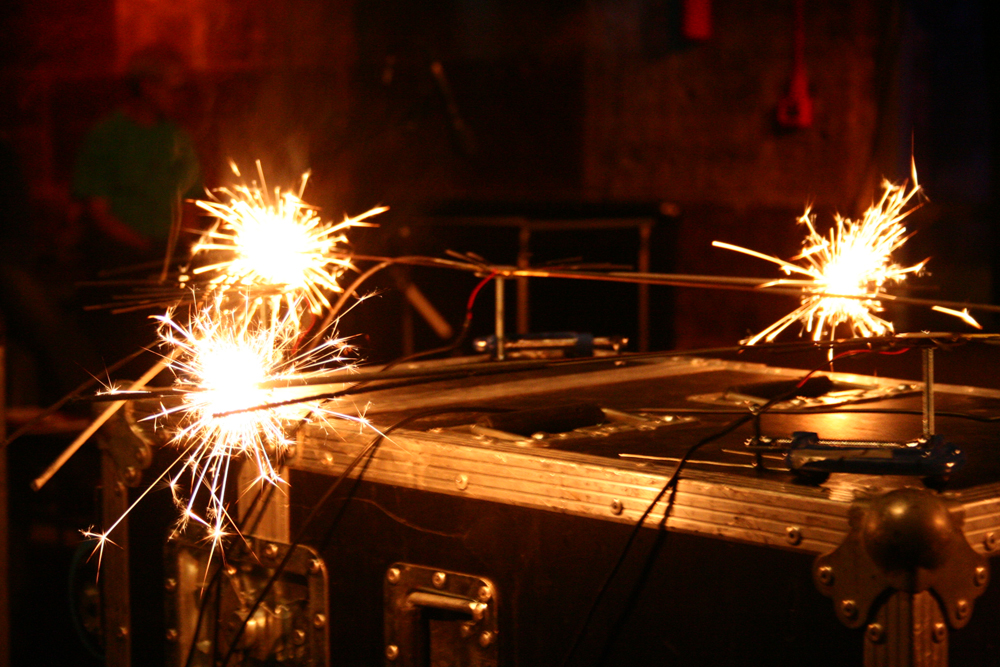
Sparklers and Table Top Set
Lee Patterson
Sonic ‘observations’ of the world, through micro recordings on a tiny scale and transformed into something musically compelling.
Arika have been creating events since 2001. The Archive is space to share the documentation of our work, over 600 events from the past 20 years. Browse the archive by event, artists and collections, explore using theme pairs, or use the index for a comprehensive overview.

Sonic ‘observations’ of the world, through micro recordings on a tiny scale and transformed into something musically compelling.
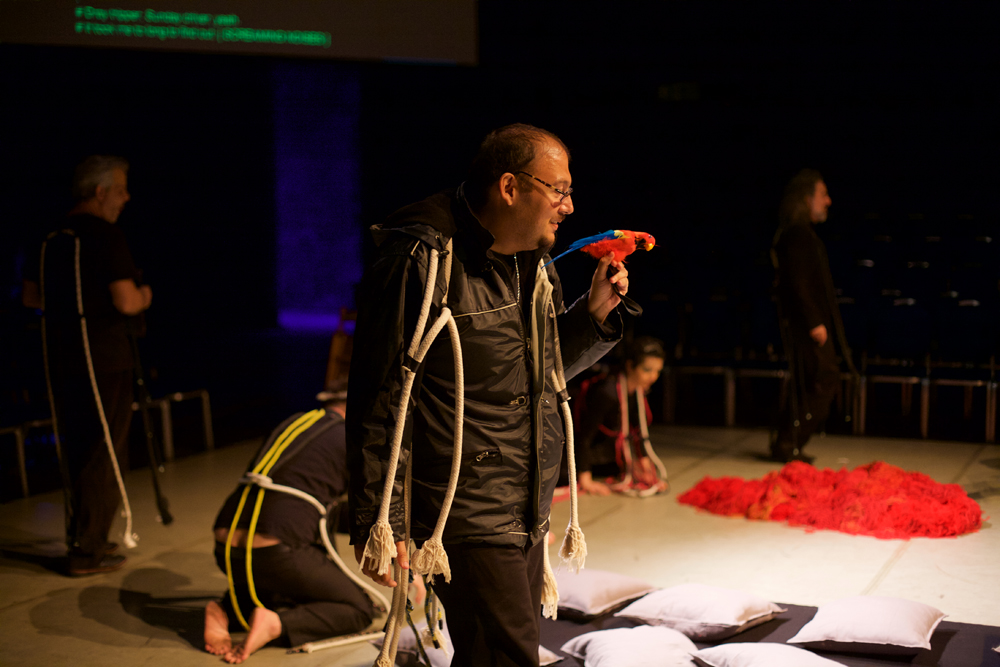
Inhabiting a different kind of energy, Ueinzz’s open rehearsals reveal a glimpse into their ongoing daily theatrical modes of caring – multiplying the ways in which their plays are meant to be felt, rather than understood.
Sean and Taku share an interest in structure, space and time. A spartan, abstract, considered and surprisingly musical set.

A multi-media harp and spoken word tribute to the incalculable, the in-deducible, the suspicious static noise that accompanies the voice of truth, and the attempted aberrations in the domain of emergence.

Noise music for the eyes. A 6 screen 16mm projection performance of intense audio and visual stimulus.
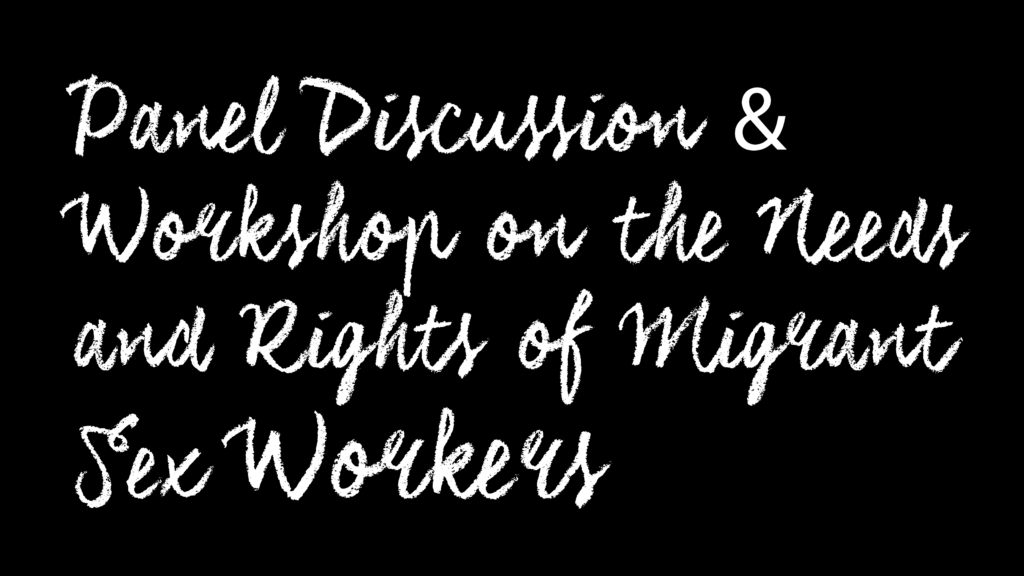
Ubuntu Women Shelter, National Ugly Mugs and the Sex Workers Union warmly invite you to a generative conversation (and Q&A) about the needs and rights of migrant sex workers in Scotland.

A dialogical meeting of Baraka’s radical poetry and Grimes’ free jazz syncopation.

Akio Suzuki and John Butcher performing in a remote sea cave near Durness.
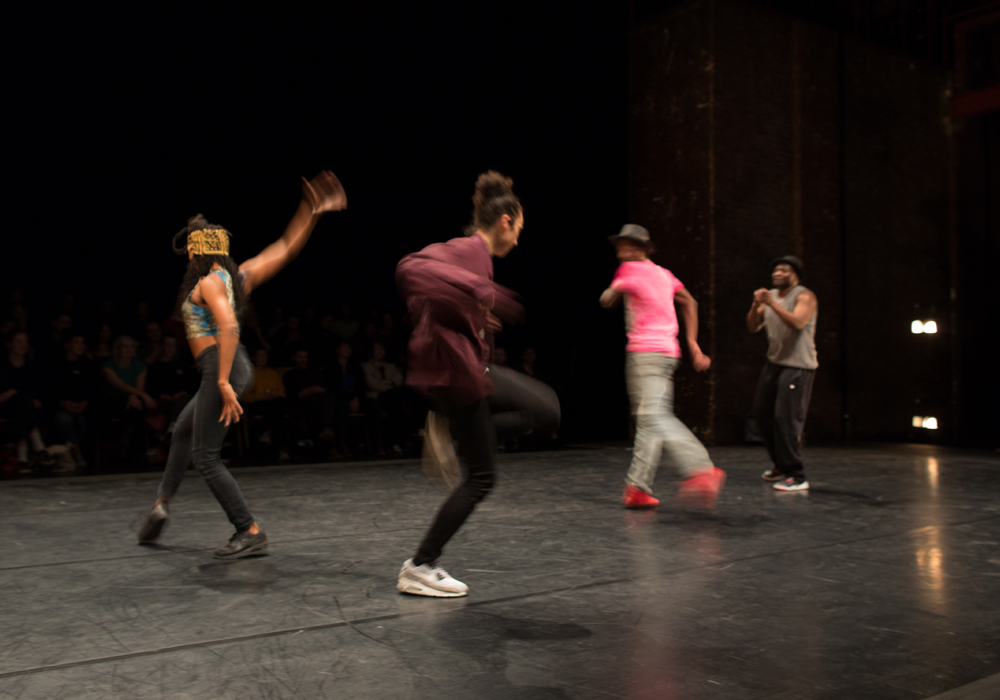
In which Storyboard P and members of Project X pick a song, freestyle to it, chat with us about what dancing means to them, then pick another song, freestyle, chat, repeat…

During their time in Scotland for Instal 06 Dave Dove, Bhob Rainey and Greg Kelly did some improvisation workshops and performances in and around Glasgow.

Italian duo of brothers Maurizio and Roberto Opalio utilising an array of acoustic and electric guitars, various toy-instruments and toy-microphones.
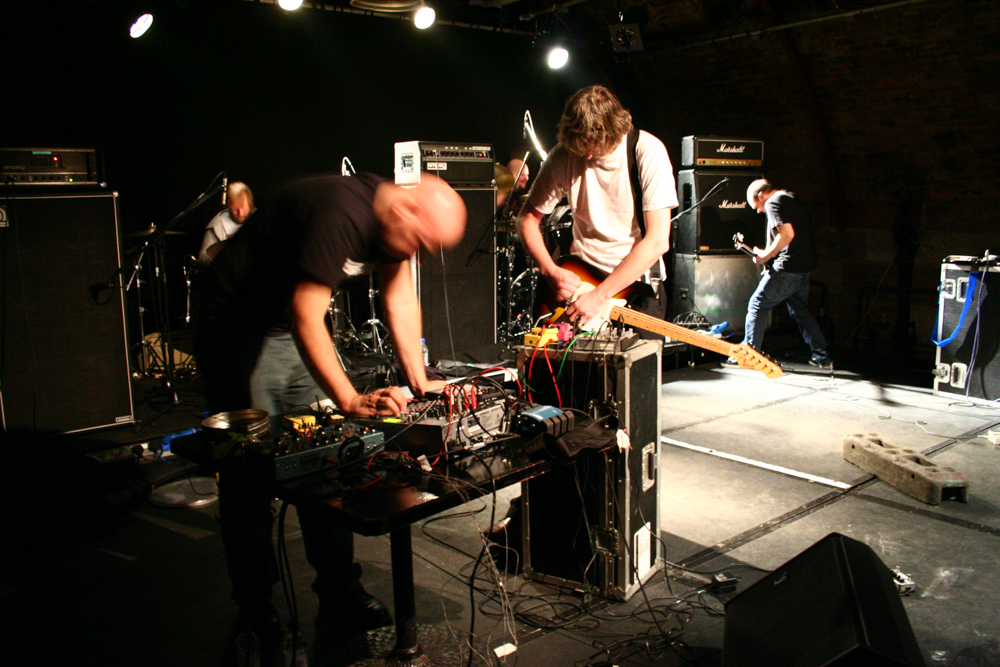
A black hole of dense heaviosity, full of slow motion riffage, tectonic pummel and massive planet destroying rock.